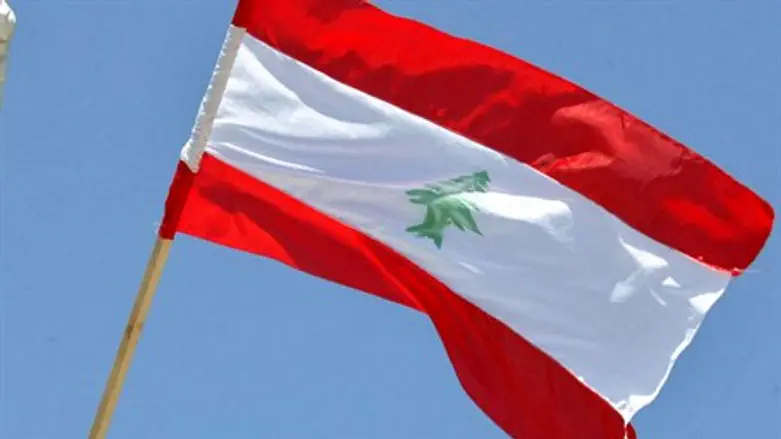
Lebanon’s Justice Minister Ashraf Rifi resigned from the Cabinet on Sunday, citing the Hezbollah terrorist group’s “domination” of the government, AP reports.
The resignation of Rifi, a longtime critic of Shiite Hezbollah, comes two days after Saudi Arabia halted deals worth $4 billion aimed at equipping and supporting Lebanese security forces, noted the news agency.
The Saudi move came after Lebanon failed to back the Sunni kingdom in its spat with Shiite powerhouse Iran, the leading backer of Hezbollah.
The six-nation Gulf Cooperation Council backed the Saudi decision, raising concerns it could have repercussions for thousands of Lebanese living in Gulf countries, according to AP.
Lebanon has a sectarian divide that reflects the wider regional split between Saudi Arabia and Iran, and has long been a battlefield for the region's proxy wars.
This has gotten worse since the conflict in neighboring Syria broke out in 2011. Lebanon has in the almost five years of the war faced mounting spill-over threats, first from the millions of refugees pouring across the border and increasingly from jihadists.
The Saudi decision came after Lebanese Foreign Minister Gibran Bassil declined to support Saudi resolutions against Iran during two meetings of Arab and Muslim foreign ministers, and Rifi charged that Bassil “dared to offend the kingdom of Saudi Arabia at the request of Hezbollah."
"The practices of Hezbollah's statelet and its allies are not acceptable and staying in the government means approving them," he added, according to AP.
"There is an armed party that is dominating the government's decisions," Rifi said. "I call upon the government to at least apologize to the (Saudi) kingdom, its leadership and people."
Lebanon has had a national unity government since 2014, with members of different factions including Hezbollah and the Saudi-backed Future Movement headed by former Prime Minister Saad Hariri, son of assassinated former Prime Minister Rafik Hariri, whose 2009 assassination has been blamed on Syria and Hezbollah.
Lebanon has been without a president since Michel Suleiman's term ended in May 2014. The parliament has 33 times failed to elect a new head of state due to lack of a quorum.
Rifi has also been campaigning against last month's release of former Information Minister Michel Samaha, a close ally of Syrian President Bashar Al-Assad, noted AP. Samaha was convicted by a Lebanese military court on charges of plotting bombings at the behest of Syria. He was sentenced in May to four-and-a-half years in prison.
The court agreed last month to release Samaha on $100,000 bail. He was banned from leaving the country pending a retrial.
Rifi tried unsuccessfully to refer the case to another judicial body, saying his attempts were blocked by Hezbollah.
"I will not be a false witness and will not be a cover for those who are trying to dominate the state and its institutions," he declared, according to AP.